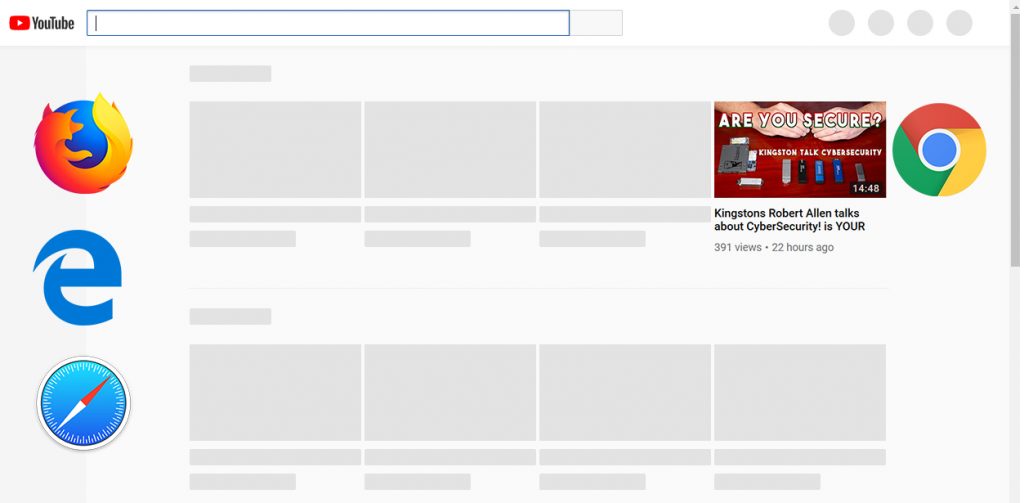If you’ve used any other browser than Google Chrome throughout 2018, you might have noticed that YouTube is significantly slower to load than normal. You wouldn’t be blamed for thinking that this was the fault of slow internet, or even the browser you’re using, but according to Mozilla program manager Chris Peterson, it’s actually the fault of Google’s site redesign that botches rival browsers.
The issue apparently stems from a deprecated API known as Shadow DOM v0, which is exclusively used by Chrome. This makes Firefox, Microsoft Edge and other browsers take around five times as long to load the same page elements. Before YouTube’s Polymer-based makeover, this caused no issues, but it’s certainly been noticeable for the past year.
Luckily, Peterson has outlined a fix that reverts YouTube back to its classic incarnation, making the site load like every other. Unfortunately, this comes at the expense of some of YouTube’s latest features, such as Dark Mode and the latest UI design.
Firefox
- Download the YouTube Classic extension for Firefox.
Edge
- Download Tampermonkey for Edge from the Microsoft Store.
- Enable Tampermonkey by navigating to ‘settings', then ‘extensions' within Edge.
- Force YouTube into Classic mode with this user script.
Safari
- Download Tampermonkey for Safari.
- Safari will prompt you to Trust or Cancel the installation to enable Tampermonkey.
- Force YouTube into Classic mode with this user script.
Not only has Google persisted on using a deprecated API, but its YouTube overhaul opted to use 2015’s Polymer 1.0. Polymer is an open-source JavaScript library that is developer by Google Chrome engineers, with the more recent Polymer 2.0 and 3.0 both able to support Shadow DOM v0 and v1. A Polymer-less version of YouTube is still offered to Internet Explorer 11 by default, prompting Peterson to question why the same could not be done for more modern browsers.
Given the many odd decisions that has led to Google Chrome gaining a noticeable advantage on the Google-owned website, many believe this to be another instance of anti-competitive behaviour. Google has had its fair share of run-ins with such accusations previously, from omitting its services from Microsoft Edge to its more recent $5bn punishment for dominant Android practices, courtesy of the EU.
KitGuru Says: Google has the power to ensure YouTube works as well as it should on alternative browsers, and the oversight that it hasn’t is certainly questionable. Hopefully the firm will address the problems by updating the site to the more recent Shadow DOM v1, or allowing other browsers to run older versions of YouTube by default. Do you think Google’s decisions have made for unfair competition?
 KitGuru KitGuru.net – Tech News | Hardware News | Hardware Reviews | IOS | Mobile | Gaming | Graphics Cards
KitGuru KitGuru.net – Tech News | Hardware News | Hardware Reviews | IOS | Mobile | Gaming | Graphics Cards



